One of the greatest things about puzzles is that anyone can enjoy them, and they continue to benefit your brain at any age.
Putting together puzzles helps children build essential developmental skills, and for adults and seniors it helps them keep their minds sharp.
With so many puzzles to choose from, there are two main things to keep in mind when making a purchase:
1. The puzzler's age.
As soon as a child can recognize shapes and colours and manipulate objects, they are ready to play with puzzles. The simplest puzzles for toddlers have only a few pieces, and often come with knobs so that small hands can grip them. The fewer pieces a puzzle has, the larger the pieces tend to be, which is perfect for young children who aren’t ready to manipulate small objects or who still have a tendency to put things in their mouths.
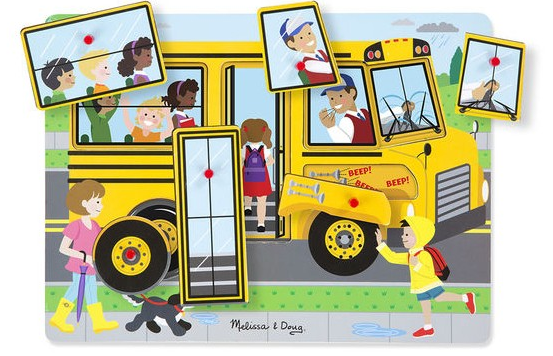 One of our most popular wooden puzzles for ages 2+ from Melissa and Doug, "The Wheels on the Bus Song Puzzle"
One of our most popular wooden puzzles for ages 2+ from Melissa and Doug, "The Wheels on the Bus Song Puzzle"
As kids grow, puzzles become more difficult by adding pieces or changing the way that pieces fit together. Older kids may be comfortable assembling 50 or 100-piece puzzles on their own. As theirs skills improve they’ll be able to tackle higher piece count puzzles.
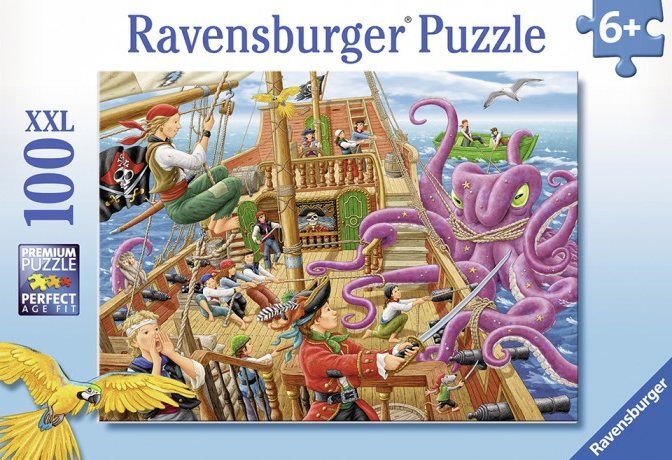 Puzzles come with clear age recommendations to help you pick the perfect fit for the children (or adults) in your life.
Puzzles come with clear age recommendations to help you pick the perfect fit for the children (or adults) in your life.
Puzzles for adults and seniors are even more complex and may introduce a third dimension. Adults who don’t mind spending some time on assembly can get enjoyment from sorting hundreds (or thousands) of small pieces and fitting them together.
Most puzzles list a suggested age range on the box, but ultimately a person’s skill level is what determines whether or not the puzzle is appropriate.
2. Don’t forget about the puzzler’s personal interests!
Most people will enjoy doing a puzzle more if it features an image that interests them.
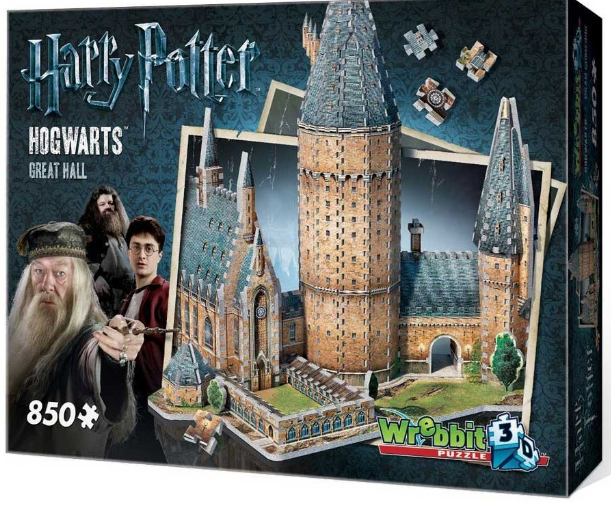 Harry Potter fan? There are dozens of different Potter puzzles out there, both 3D and 2D. Check out this one here.
Harry Potter fan? There are dozens of different Potter puzzles out there, both 3D and 2D. Check out this one here.
So what are the benefits of puzzling?
You’ve probably heard that puzzles are good for the mind, here are a few reasons how:
Cognitive development in Young Children
When children flip, turn, and remove pieces of the puzzle, they are developing spatial reasoning, encouraging visual processing skills, and defining their fine motor skills. As a child looks at various pieces and figures out where they fit or don’t fit, they are also developing patience and working on problem solving. A puzzle, after all, can’t be completed by cheating!
Improved Memory
Kids will try to make pieces fit, then set them aside and try another until they find success. They will then need to recall the shapes, sizes, and colors of pieces they have set aside in order to use them later. Puzzles can also be great for adults and seniors who have suffered brain injuries like strokes.
Relaxation
While puzzles do stimulate the brain, they also relax it. Studies show that just looking at a puzzle and pondering possible solutions actually helps the mind stay calm, as the brain enters a state of meditation. Benefits include greater peace and perspective, which also aids in stress management.


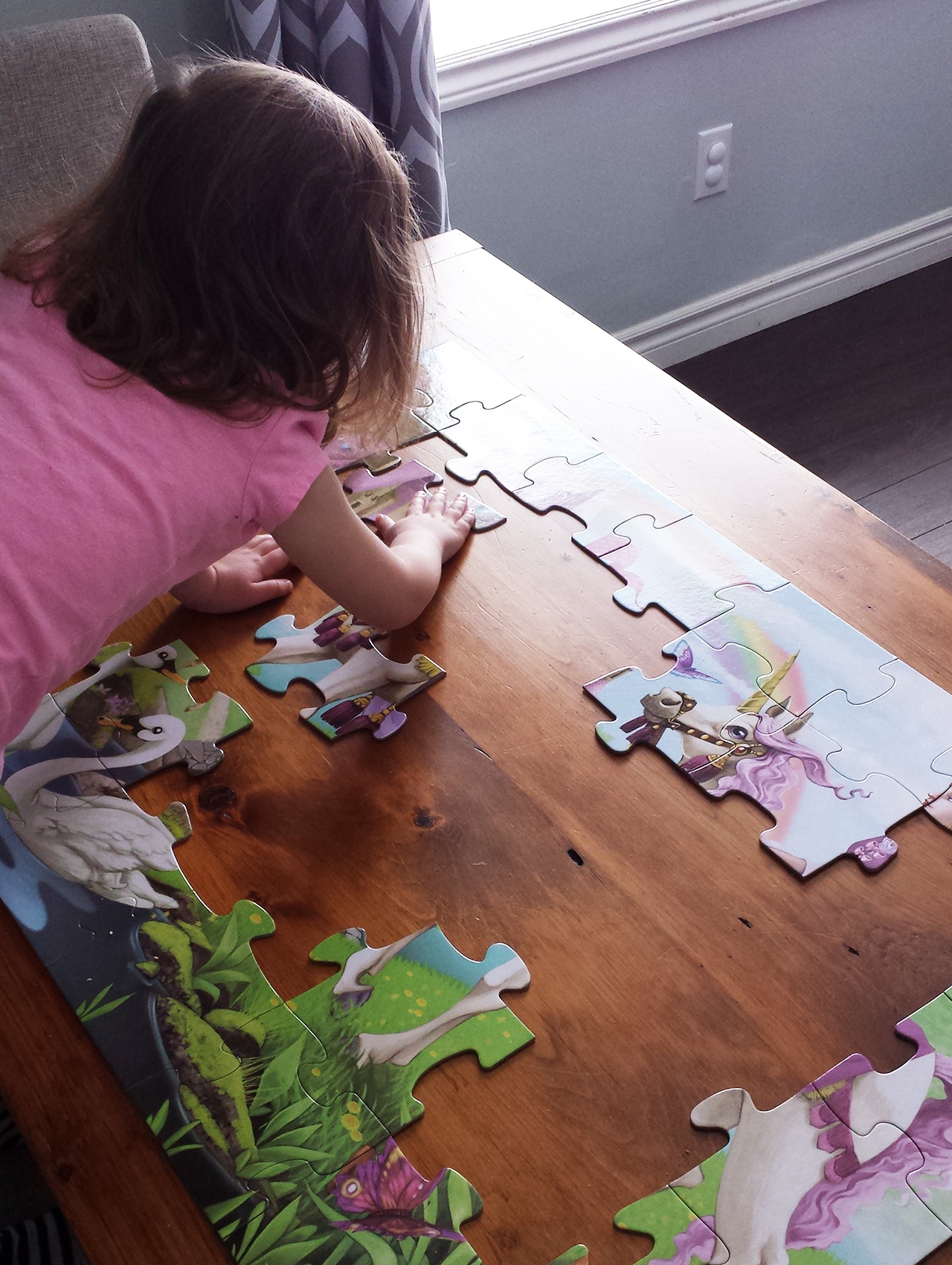

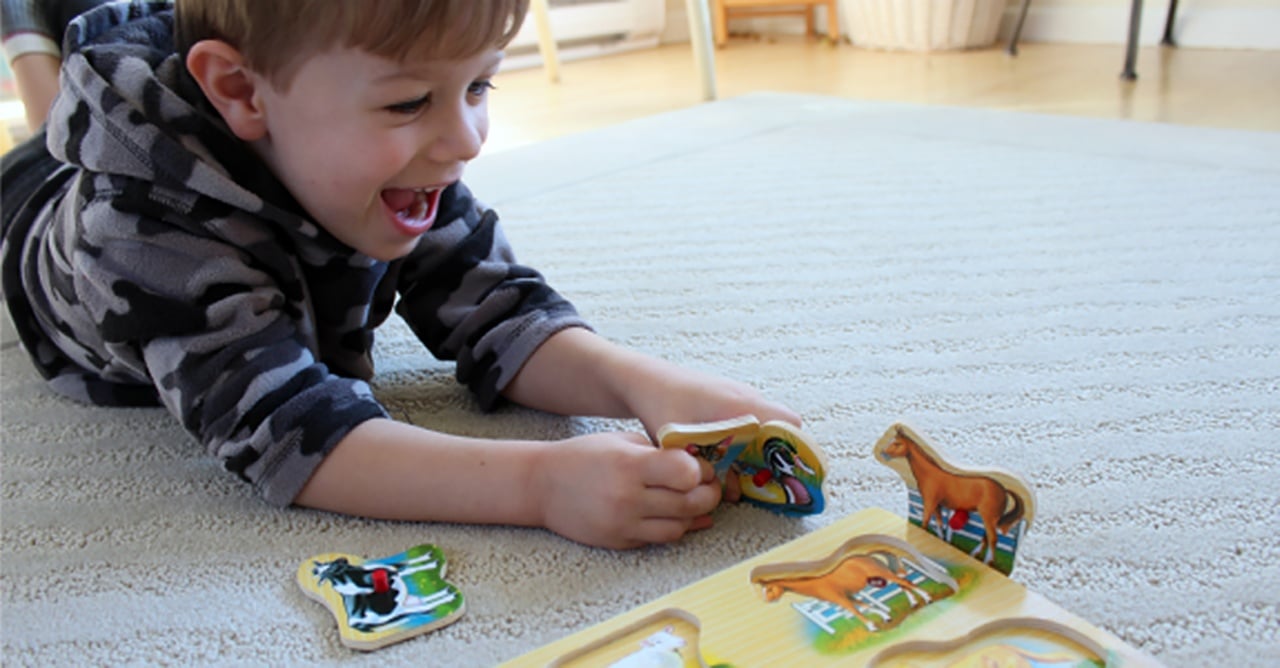

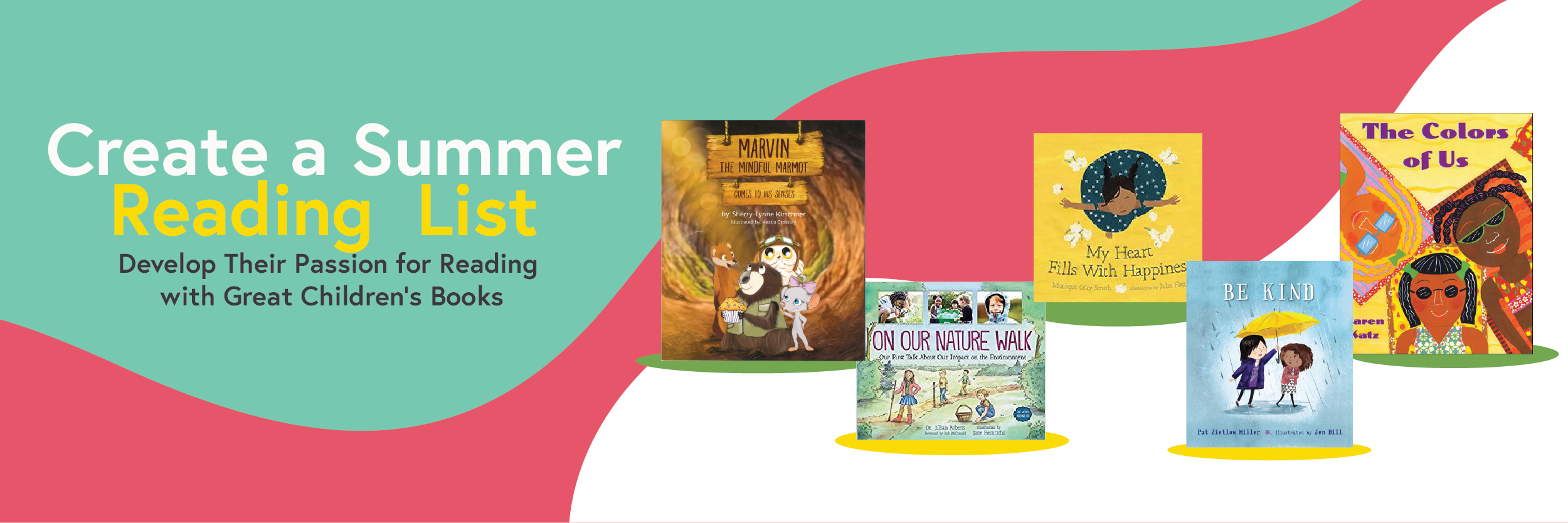
.png)
.png)